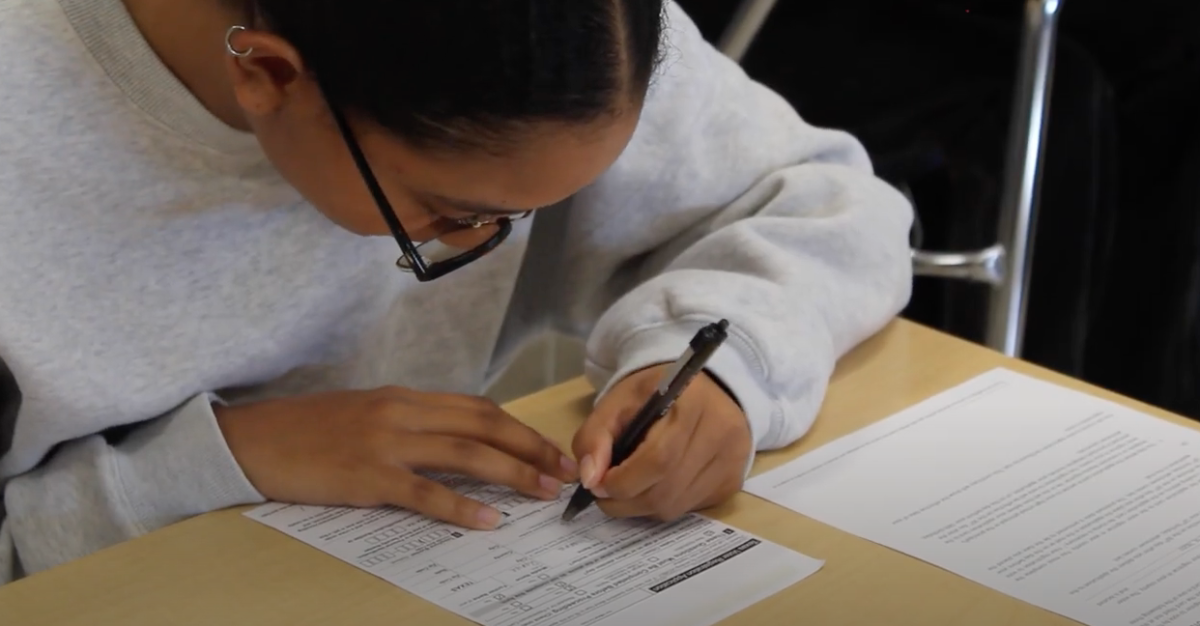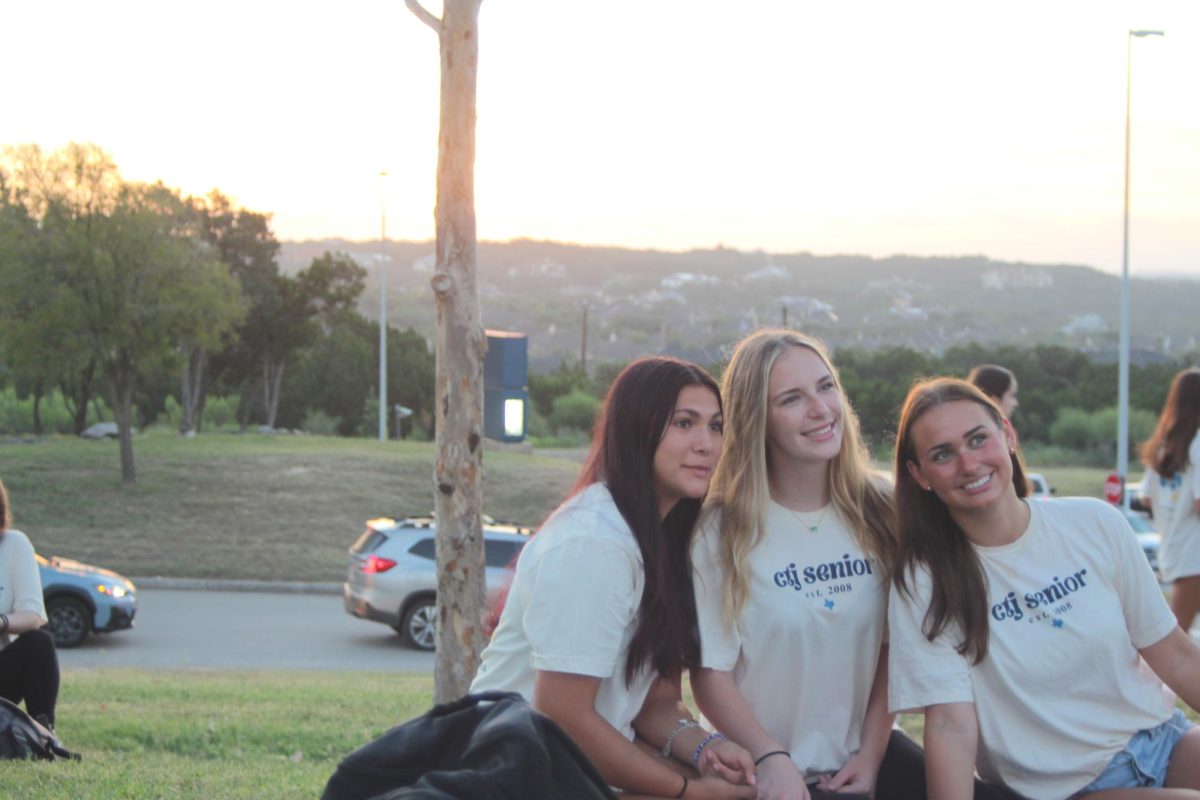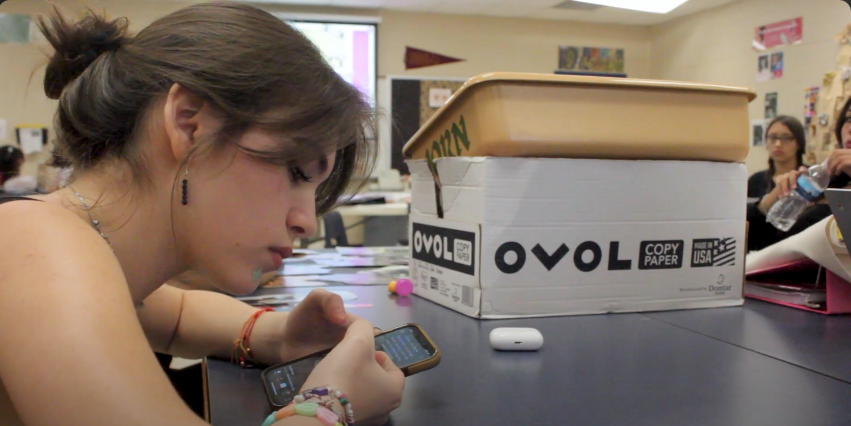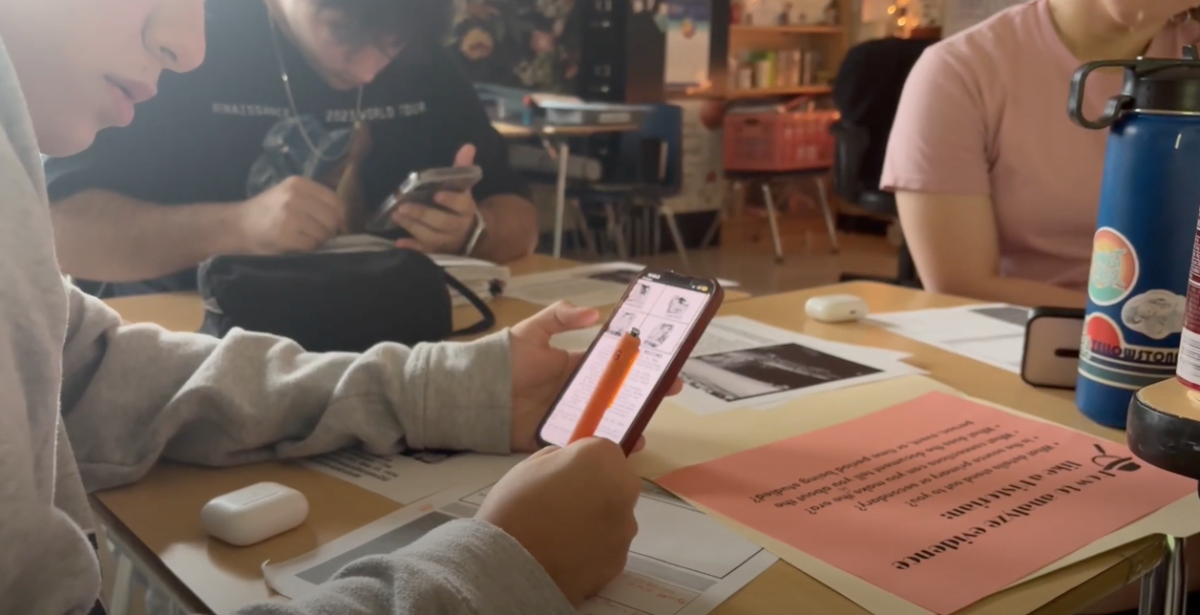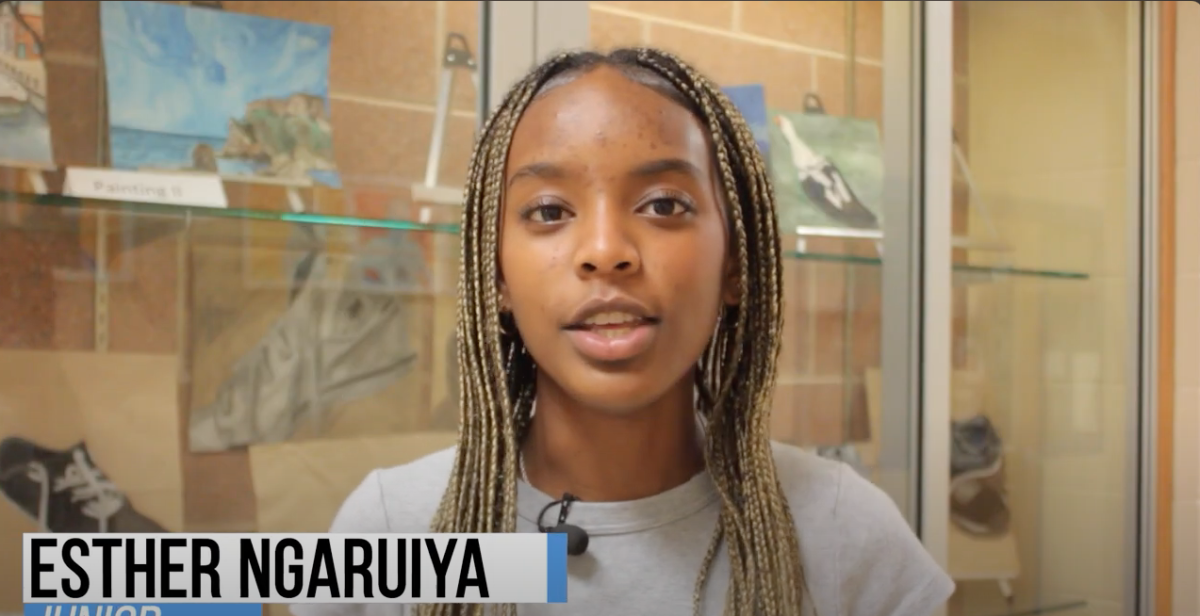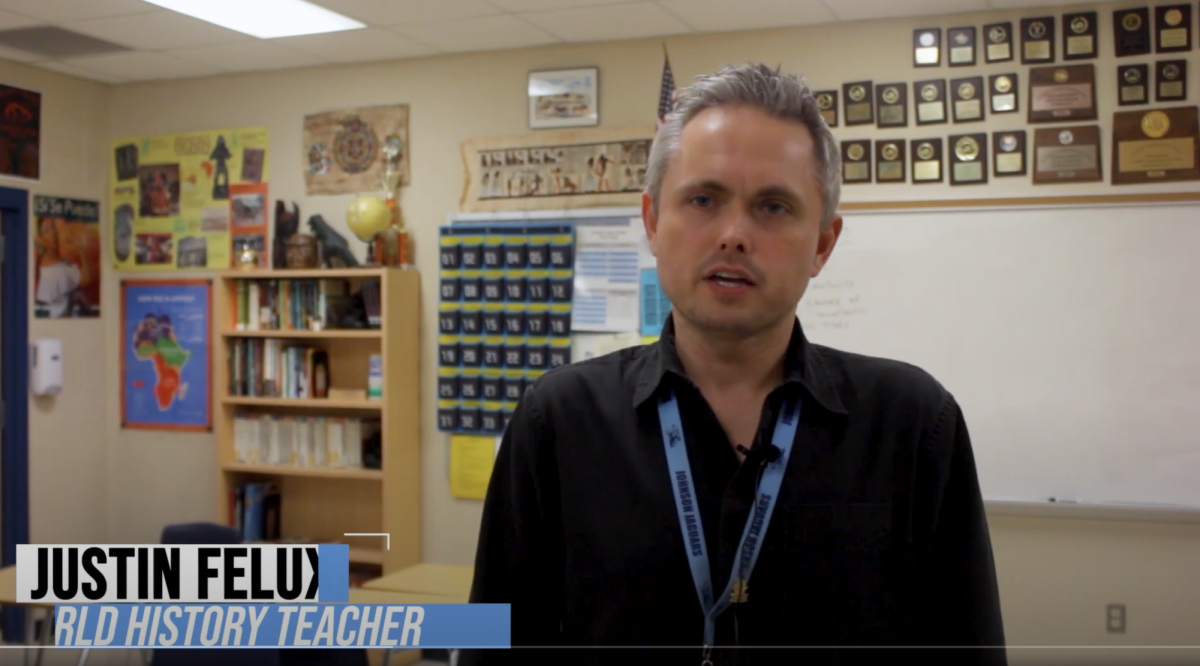by Lauren Tsai . Business Manager |
As summer draws near, many students are eager to leave the school scene. However, an increasing number of students plan to enrich their minds by participating in academic and school programs.
Sophomore Ilish DeWitt will attend summer school in hopes of graduating from high school early. After looking at her schedule, she realized that in a year’s time, she will have fulfilled all of her requirements except for a technology course and English IV.
“It would be a waste of time to come to senior year for two classes,” she said. She also anticipates increased recognition from colleges.
“I’ll probably get more scholarships because I graduated in three years instead of four.”
Her motivation and willingness to sacrifice her summer break are not uncommon. Students are realizing that involvement can lead to new opportunities.
Senior Narine Wandrey doesn’t view her extra activity as a sacrifice.
“I don’t think it is, especially since it benefits me in the long run, in my career, and in my future. I feel like it’s always important to think about the future and to do well academically inside and outside of school,” she said. “ Colleges like seeing you get involved in the summer. It’s a highlight on the resume. Many kids would rather play videogames and relax. Sometimes it’s best to get extra activities in the summer – it’s harder during the school year.”
Counselor Richard Boeger also advocates involvement in summer programs. He recommends enrolling in camps or activities through universities, which can help spark interest in a school’s particular program. He also suggests applying for internships where a student might eventually want to work.
“It’s important to gain possible experiential education towards students’ post-secondary goals. These experiences can further define their career goal and be included on their senior resume for college applications.”
A student’s activities do not only enhance a resume – they give colleges a better perception of a student.
“[Colleges view active students] very positively. Colleges want to see ‘well-roundedness’. It gives them ideas of possible leadership, service activities you’ve been involved in, and most importantly how you’ve been of service to your community,” he said.
Wandrey is not motivated just by prospects of college admission. She chooses to be involved in activities that she is passionate about. In recent summers, she was involved in band camp, participated in Earthwatch (an organization promoting environmental awareness), and attended the Texas A&M Computer Science camp.
“I’ve always been interested in science and math. It’s more exploration to get to different fields so I can be better at it,” she said.
Even though she will be making the transition from high school to college this fall, she still has plans for this summer.
“If I go to University of Dallas, I’ll be in the O’Hara Chemical Sciences Institute all summer. It is for pre-med students who want to get General Chemistry out of the way – I can take other classes later on.”
Her schedule doesn’t leave as much time to accommodate her social life.
“It’s very time consuming. I miss seeing my friends but I enjoy spending my time in summer programs. I enjoy what I do so much that it’s worth it.”
Sophomore Alyssa Rae Martinez also feels that her activities are well worth the sacrifice.
“[I’m giving up] a lot of sleep, free time with my family and friends, vacation time,” she said, “[but] I’m doing everything by my own choice. Definitely, I love doing everything I do.”
Martinez is heavily involved in Band and ROTC. However, these programs require time inside and outside of school, and her school schedule is affected. She has to take the mandatory Band and ROTC classes and fulfill her graduation requirements. This situation will force her to add summer school to her schedule, in addition to the summer ROTC and Band camps. She will try to earn her Technology, Speech, and Health credits during the summer.
“I have to so I can graduate high school,” Martinez said. “[I need] to take classes that I can’t take because of band. I know I have to do it, so I just do it.”
Despite their busy summer plans, both she and DeWitt remain optimistic.
“[Summer school] is normally four hours a day, no Fridays,” DeWitt said, adding that she plans to have a “long four days and chill out for the other three”. She doesn’t mind an extension of the classroom scene.
“Weekends are enough for me.”
Martinez also feels that for her, summers are still a break.
“Definitely. The day (summer school classes) starts later, I get a lot more time on the weekends (not as much homework).”
Other students are eager to leave academics behind for a couple of months. For senior Brandon Kuhlman, summer means “no school”.
“You work all school year, so you should at least get some time off to relax,” he said.
Boeger recognizes that students have different goals and ambitions, so he supports students doing what they can handle rather than holding them all to the same standard.
“I think it depends on students’ motivations and desires,” he said. “If a student feels at the end of the year overwhelmed with academics and they need a break, [they should take] it. Some students are very comfortable and actually welcome a very involved lifestyle.”


